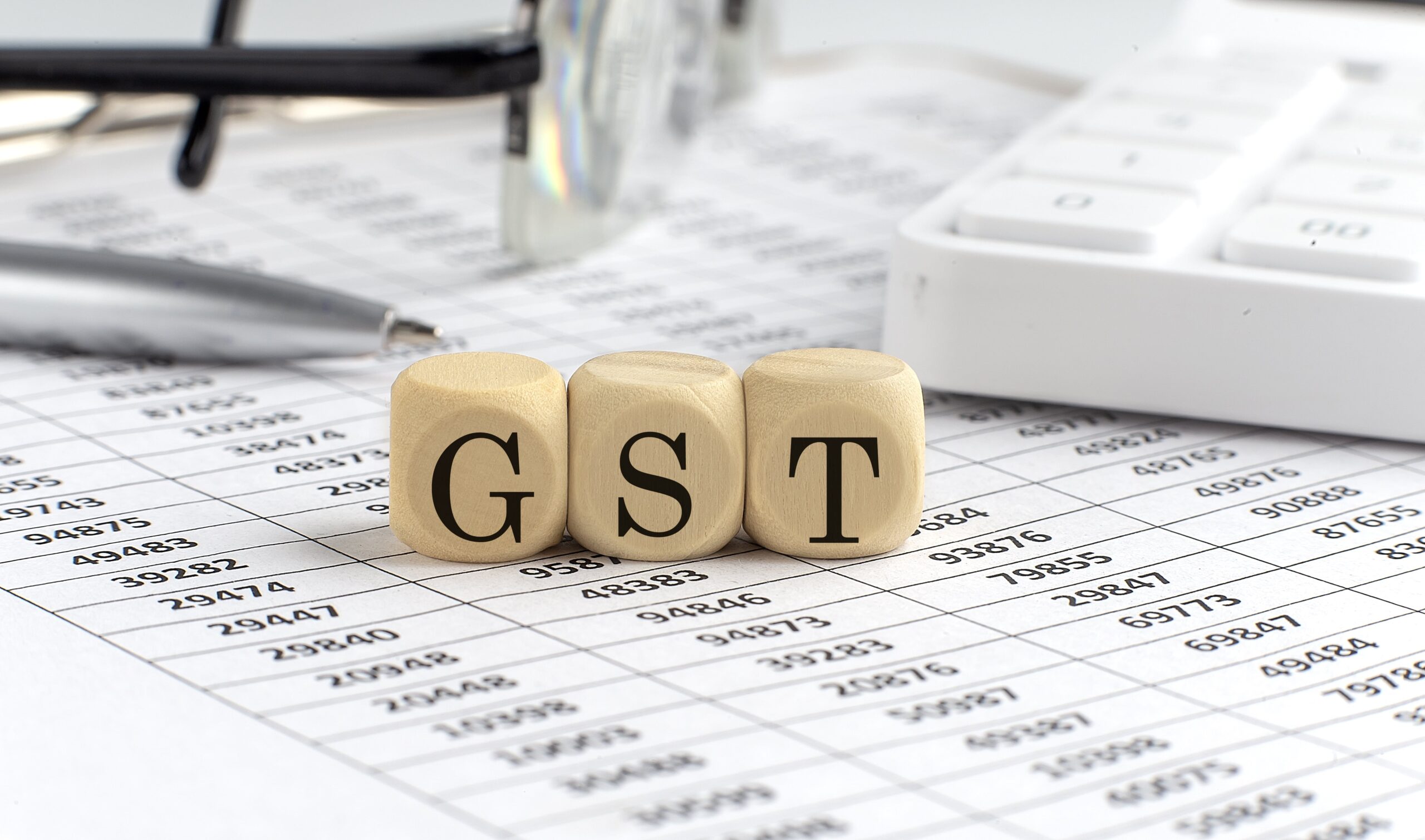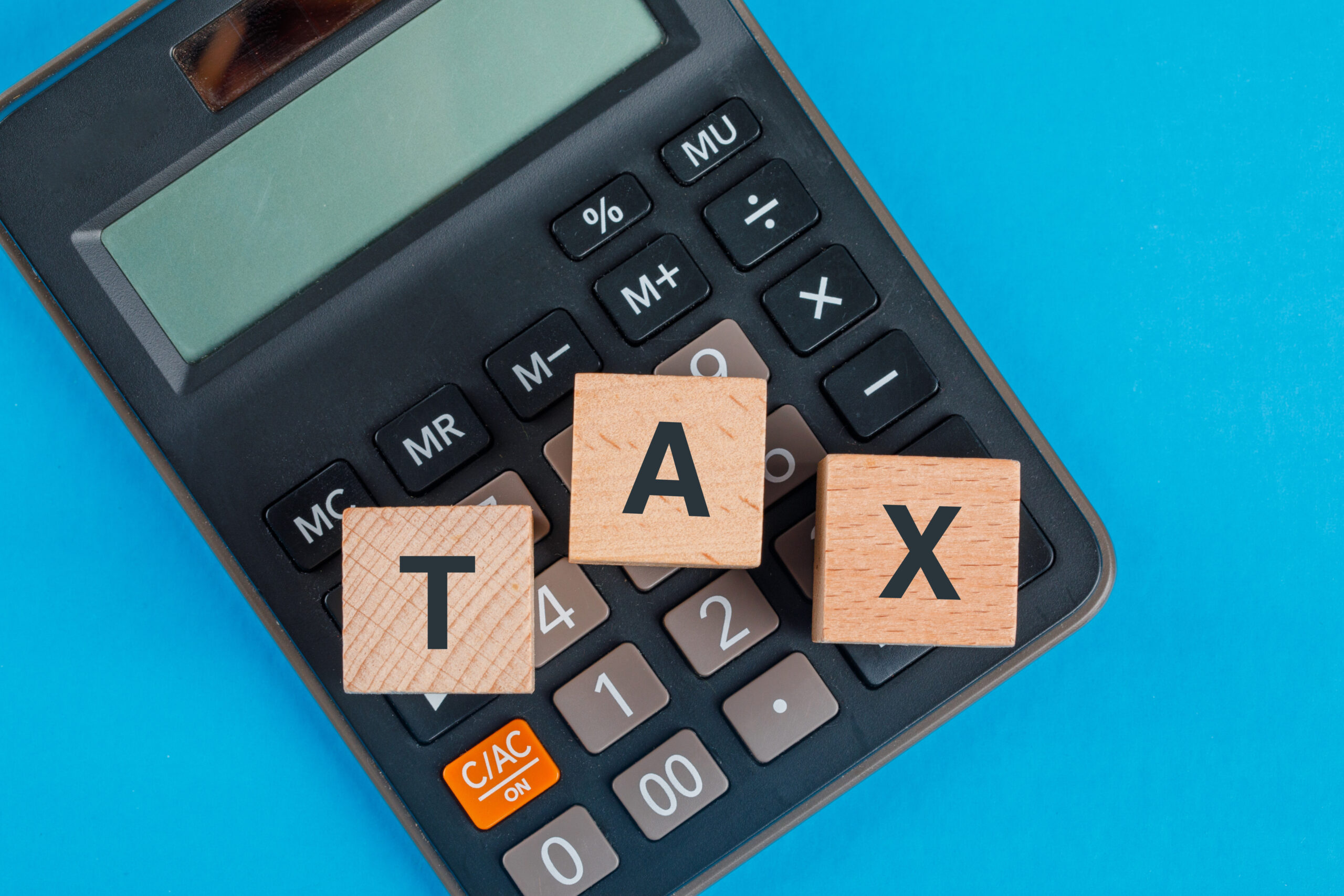
Accounts Maintenance & Tax Audit Limit
A tax audit is like a deep dive into a company’s money papers. It’s done to make sure everyone is following the rules in the Income Tax Act. The law says that if businesses or professionals make a lot of money, they have to hire a special accountant to check their money stuff and keep good records. This way, they make sure everything is done right, following the rules in the Act.
But before you understand why this is needed and when it applies, you should know about “specified professions” and “non-specified professions.” These are two different kinds of jobs that the law treats differently when it comes to tax audits. Knowing this helps you get a clear picture of how tax audits work under the Income Tax Act.
Specified Profession Regulated Under The Income Tax Act
Certain professions fall under the regulations of the Income Tax Act, as specified in Rule 6F and Section 44AA. These professions encompass fields like medicine, engineering, law, architecture, accounting, technical consulting, interior design, acting, company secretarial work, information technology, and other professions as officially notified by the authorities.
The primary goal of a tax audit is to achieve several key objectives:
- Firstly, it ensures the accuracy and reliability of a company’s financial records. This includes a certification process conducted by a tax auditor and the proper upkeep of these records.
- Secondly, a tax audit involves reporting any observations or discrepancies discovered during a comprehensive review of the financial books.
- Lastly, it entails reporting specific information such as tax depreciation and compliance with various income tax laws.
These objectives collectively assist tax authorities in verifying the correctness of a taxpayer’s income tax returns. They also make it easier to calculate income, validate claims for deductions, and ensure compliance with tax regulations. Ultimately, tax audits help maintain transparency and accountability in financial matters.
Accounts Maintenance And Audit Limit Under Section 44AB
Section 44AB of the Income Tax Act outlines the criteria for when book accounts must be submitted for a tax audit. It specifies the following scenarios:
Business:
If the total turnover, sales, or receipts in a business during the previous year exceed Rs. 1 crore.
Professional:
If the total turnover, sales, and receipts in a profession during the previous year exceed Rs. 50 lakhs.
In simpler terms, if you’re running a business and your total earnings from sales or receipts cross the Rs. 1 crore mark in the previous year, you’ll need to get your financial books audited for tax purposes. Similarly, if you’re in a profession and your total earnings exceed Rs. 50 lakhs during the previous year, a tax audit of your financial records becomes necessary.
These limits are set by the Income Tax Act to ensure that businesses and professionals meeting certain income thresholds maintain accurate financial records and comply with tax regulations. Meeting these requirements helps in assessing income accurately, ensuring adherence to tax laws, and promoting financial transparency.
Presumptive Taxation Under Section 44AD, 44AF,44BB, 44BBB And 44E
Presumptive taxation, as defined in various sections of the Income Tax Act, comes into play when a person asserts that their business profits or gains are lower than what’s calculated under the applicable sections. In such cases, a mandatory tax audit conducted by a chartered accountant becomes necessary if the business achieves a total sales turnover of Rs. 1 crore or more.
For professionals, if their gross receipts exceed Rs. 50 lakhs, a chartered accountant audit is also obligatory. Additionally, businesses opting for claiming income lower than the deemed profits established under the relevant sections and those utilizing presumptive taxation schemes must undergo mandatory audits.
Section 44AA of the Income Tax Act stipulates the compulsory maintenance of books of accounts, which applies to specific professions and businesses. These individuals and entities are required to maintain proper financial records.
Existing Profession
For individuals engaged in existing professions, a specific income threshold applies. To trigger the requirement of maintaining books of accounts under Rule 6F, gross receipts should surpass Rs. 1.50 lakhs consistently for three consecutive years before each financial year.
If these criteria are met, the profession is obligated to maintain books of accounts and relevant documents to facilitate the assessment of taxable income by the assessing officer under the Income Tax Act.
New Profession
In the case of individuals embarking on new professions, where gross receipts are anticipated to exceed Rs. 1.50 lakhs, the provisions of Rule 6F come into effect. They must maintain proper books of accounts to allow the assessing officer to calculate taxable income as per the provisions of the Income Tax Act of 1961.
Existing Business
Existing businesses have their own set of criteria. To mandate the maintenance of books of accounts, the profit should exceed Rs. 2.50 lakhs, or the total gross receipts and sales should exceed Rs. 25 lakhs in any of the three preceding years before the previous year.
For new businesses, the requirement to maintain books of accounts is triggered if profits are expected to exceed Rs. 2.50 lakhs or if total sales or gross receipts are projected to exceed Rs. 25 lakhs, in accordance with the provisions of the Income Tax Act.
Rule 6F Of The Income Tax Act
Under the Tax Act, all professions and businesses are required to maintain specific books of accounts if their gross receipts exceed certain limits. These essential records include:
- Cash Book: This serves as a daily ledger documenting all payments and cash receipts, ensuring an up-to-date cash balance record.
- General Ledger: This ledger provides an overall financial picture, summarizing transactions across various accounts.
- Original Bills/Receipts: These are records of expenses, provided that the expenditure per item does not exceed Rs. 50. They support and justify the claimed expenses.
- For medical practitioners (such as surgeons, physicians, pathologists, dentists, radiologists, hakims, etc.), additional record-keeping is required, including:
- Register (Form 3C): This prescribed register captures patient details, the date of service, the nature of services rendered, fees received, and the date of receipt, ensuring transparency and accountability in medical practice.
- Inventory Mechanism: This tracks the stock of medicines, drugs, and other consumable accessories used in the medical profession. It ensures proper inventory management and facilitates accurate financial reporting.
These mandatory bookkeeping requirements are in place to promote financial transparency, facilitate accurate income calculations, and ensure compliance with tax regulations for all types of professions and businesses, including medical practitioners.
The Penalty For Non-Filing Or Delay In Filing Tax Audit Report
Failure to audit taxes as required can result in penalties for the taxpayer. The penalty typically amounts to 0.5% of the total turnover, sales, or gross receipts, which roughly translates to approximately Rs 1,50,000.
However, there is an exception under section 271B. If there is a reasonable cause for the failure to conduct the audit, no penalty will be imposed. Courts and Tribunals have recognized several reasonable causes that can exempt taxpayers from penalties, including:
- Natural Calamities: Events like earthquakes, floods, or other natural disasters that disrupt regular business operations.
- Auditor Resignation and Subsequent Delays: Delays arising from the resignation of the auditor and the time it takes to appoint a new one.
- Labour Problems: Extended strikes or lockouts that impede the audit process.
- Loss of Accounts: Instances where accounts are lost due to circumstances beyond the taxpayer’s control.
- Physical Inability or Death of Partner: If the partner responsible for managing accounts becomes physically unable to perform their duties or passes away.
These reasonable causes provide some relief to taxpayers facing unforeseen challenges that hinder their ability to meet audit requirements. The tax authorities take into account these circumstances when determining whether or not to impose penalties for failure to conduct a tax audit.
Income Tax Audit Thresholds for Assessment Year 2023-24
Businesses: If the gross receipts, turnover, or sales for the previous fiscal year exceed Rs. 1 crore, a tax audit is required. This provision no longer applies to those who opt for the presumptive taxation scheme under section 44AD, provided their general income or turnover remains below Rs. 2 crores.
Professionals: Professionals must undergo a tax audit if their gross receipts in the previous fiscal year exceed Rs. 50 lakhs.
Special Cases: Tax audits are also necessary for individuals covered under Sections 44AD, 44AE, 44AF, 44BB, and 44BBB who declare lower profits from their business compared to the estimated profits.
In line with recent amendments, individuals predominantly conducting transactions through digital means can qualify for higher audit threshold limits as follows:
Businesses with over 5% cash transactions: Rs. 1 crore.
Businesses with 5% or fewer cash transactions: Rs. 10 crores.
Professionals with gross receipts in the previous fiscal year: Rs. 50 lakhs.
Those opting for the presumptive taxation scheme under Section 44AD: Rs. 2 crores.
Mandatory Tax Auditing Criteria
Starting April 1, 2021, with the enactment of the Finance Act 2021, the threshold limit for tax auditing has been raised from Rs. 5 crore to Rs. 10 crore, provided that transactions exceeding 5% of the total transaction amount are involved.
Tax Audit Applicability for FY 2023-24
For the financial year 2023-24, the necessity for an income tax audit is contingent upon the turnover of a business or receipts from professional activities. All pertinent audit requirements are detailed in section 44AB.
Entity/Condition Turnover Limit (in Rs.)
- Business entities opting for presumptive taxation of 2 crores
- Business entities with predominant digital transactions of 10 crores
- Businesses not opting for presumptive taxation 1 crore (if cash transactions are 5% or more) / 10 crores (otherwise)
- Profession with gross receipts of 50 lakhs
Audit Forms and Penalties
For audit purposes, Rule 6G of the Income Tax Act specifies the necessary forms to submit for businesses or professions undergoing auditing under Section 44AB. However, it’s essential to note that the forms required for audits underwent a change with the Income Tax Act’s (7th Amendment) Rules in 2014. The Central Board of Direct Taxes modified Forms 3CA, 3CB, and 3CD, obligating auditors to provide observations or qualifications within the forms while filling them out.
In situations where a businessperson or professional must conduct audits under laws other than the Income Tax Act, they are expected to complete and submit Form 3CA (Audit Form) and Form 3CD (Statement of Particulars) as per the respective regulations.
Moreover, when conducting audits specifically under the Income Tax Act, Form 3CB (Audit Form) and Form 3CD are employed.
In cases where a taxpayer must subject their business to audits under multiple laws, they have the option to submit the same audit report for relevant examinations. This audit report must be attached while electronically filing the Income Tax Return.
Penalties come into play when a business or profession fails to audit its account books under Section 44AB. According to Section 271B of the Income Tax Act, a penalty is imposed in such instances. Delays in completing the audit and submitting the report on time (on or before September 30) lead to a penalty of 0.5% of the turnover, with a maximum penalty of Rs. 1.5 lakh.
However, Section 273B provides an exemption from penalties in case of valid reasons for delay or non-filing of the audit report. Acceptable reasons include:
- Resignation of the auditor causing the delay.
- Delays caused by the death or physical inability of the partner responsible for accounts.
- Delays are caused by labour issues such as strikes or lockouts.
- Delays arise from the loss of accounts due to theft, fire, or incidents beyond the control of the taxpayer.
Conclusion
Tax audits are reserved exclusively for businesses and professions, not individual incomes. The practice of auditing financial accounts is a vital step to guarantee adherence to tax laws and to prevent any instances of tax fraud or evasion.
The chartered accountant leading the audit process carries the crucial responsibility of verifying that the client’s financial records are meticulously organized and compliant with regulatory standards. Furthermore, they bear the responsibility of providing precise and comprehensive observations and reports to the government. This diligence in financial oversight promotes transparency and helps maintain the integrity of the tax system.




















